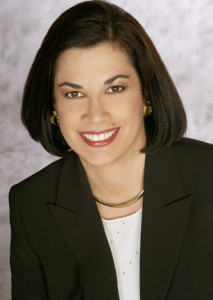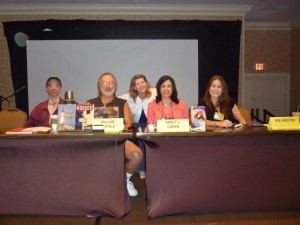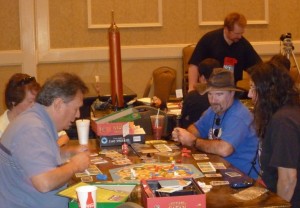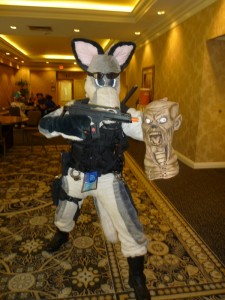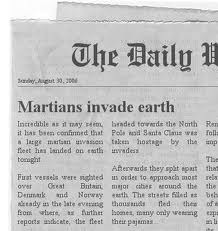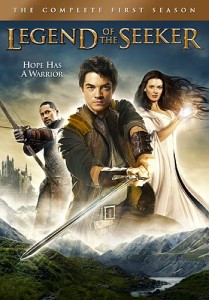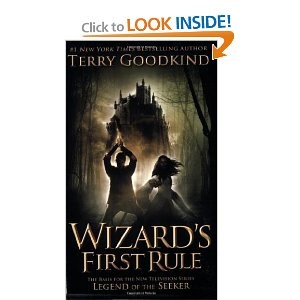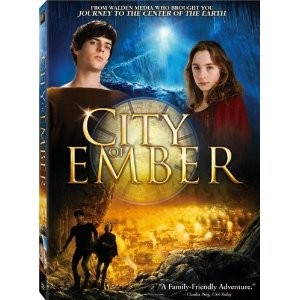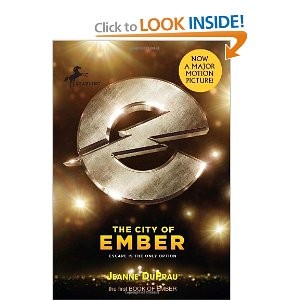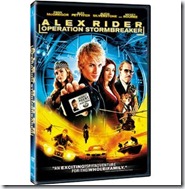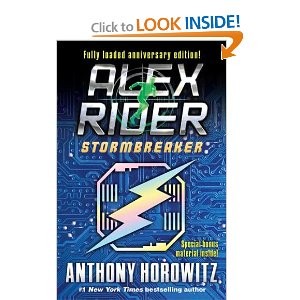Nancy J. Cohen
How do you fit romance into a non-stop thriller? These genres are not mutually exclusive. Look at your movies for examples. Romancing the Stone with Kathleen Turner and Michael Douglas, and The Librarian: Quest for the Spear with Noah Wyle and Sonya Walger are two of my favorites. What recent thrillers have you seen where a romantic relationship is involved? How did the film get this across to viewers?
Here’s how to start with your own story: Give your characters internal and external conflicts to keep them apart. The external conflict is the disaster that will happen if the villain succeeds. The internal conflict is the reason why your protagonists hesitate to get involved in a relationship. Maybe the heroine was hurt by a former lover and is afraid of getting burned again. Or she has a fierce need for independence. Why? What happened in her past to produce this need? Maybe your hero doesn’t want a wife because his own parents went through a bitter divorce, and secretly he feels unworthy of being loved. Or maybe he feels that his dangerous lifestyle wouldn’t suit a family. Keep asking questions to deepen your people’s motivations.
Your characters will be immediately attracted to each other through physical chemistry. This pulls them together while the inner conflicts tear them apart. Soon the benefits of a relationship begin to outweigh the risks. Perhaps they have to work together to rescue a hostage or to escape the bad guys. As the story progresses, they become emotionally closer as they progress through the stages of intimacy. In a thriller, this might happen at a faster pace than other genres. But even thrillers need down times from the tension.
Here’s an abbreviated version of the stages of intimacy:
1. Physical awareness: Your characters notice each other with heightened sensitivity.
2. Intrusion of thoughts: Your character begins thinking about this other person often.
3. Touching: First, it may be an arm around the shoulder, lifting a chin, touching an elbow. They come closer until the desire to kiss is almost palpable. Rising sexual tension is the key here, not so much the consummate act. Your couple can have a stolen moment when they’re being chased by the villain and are forced into close proximity, for example. Even if it’s a momentary diversion, you’re advancing the level of awareness.
4. Kissing
5. Touching in more intimate places
6. Coupling: Focus on the emotional reactions of your characters. Avoid clinical terms or use them sparingly. This is lovemaking, not just sex. For it to be romantic, think “slow seduction”, not “slam bam, thank you ma’am”, unless the scene or characters warrant this behavior. If a sex scene doesn’t fit into the story’s pacing, leave it out. Or maybe all they have time for is a quickie. In that case, let’s see the emotional aftermath. Maybe the hero acts out his concern for the heroine’s safety after they’ve been together.
When all seems to be going well, throw a wrench into the relationship. Perhaps it appears as though the heroine betrayed the hero. Or he walks out on her because he fears his own vulnerability. Finally, they both change and compromise to resolve their differences by the story’s end.
Keep in mind that I’m writing this advice from a female viewpoint. Also, I write romance in addition to mysteries, so I have the mindset for that genre.
I used to read spy stories and men’s adventure in my younger days. Those were guy novels with a woman of the week. None of those relationships were meant to last. I suppose this is what makes the difference. If you don’t care about your two characters ending up together, then the woman may merely serve as a sex object. And that might not endear you to your female readers (who happen to buy more books than men).
As for series, people read ongoing series for the characters and want to see them grow and change. Giving us relationships we care about is what will encourarge readers to buy your next book. So think about your purpose before going into the story. Where do you want these two people to go? Why can’t they get there? What do they have to overcome in order to be together? And if they don’t end up as a couple, then what purpose does their relationship serve?
Here’s an example from Warrior Rogue, my next release. The hero and heroine have just met when they’re involved in a mid-air terrorist attack aboard their private business jet. This is from the heroine’s viewpoint. They’ve landed on a beach on a remote Pacific island.
“Come on, we can’t waste time.” Paz signaled to her from the open hatchway.
She staggered toward him. Peering outside, she was glad to note they didn’t need the emergency chute. They could easily jump the short distance to the ground. Holding her long skirt, she leaped after Paz onto the beach.
He caught her in his muscular arms and gently eased her down. His tousled hair, determined jaw, and ocean blue eyes had never looked better.
“Thank you. You saved our lives.” On impulse, Jen rose on her tiptoes and kissed him.
She’d only meant it to be a brief expression of gratitude, but Paz’s gaze intensified. He swept her into his arms and gave her a passionate kiss that left her breathless.
“We’re safe now.” He broke away with a regretful expression. “At least, for the moment. But we shouldn’t linger.”
“For the moment? What does that mean?” The memory of those ugly men who’d attacked them returned with full force. “You know who assaulted us, don’t you? When are you going to tell me what’s going on?”
“Let’s summon help first. I need to put my comm unit back together. If we can hook it into a local network, you can call your people.”
“I have my cell phone.” She patted her purse.
His hand clamped onto her arm. “We should scout around. Our landing probably attracted attention, and we don’t want the wrong people to find us.”
Note how their level of intimacy advances in this short scene. If you’re writing from the male viewpoint, when Paz catches Jen, he could get a whiff of her scent.
So how do you work romance into your fast-paced thriller?




